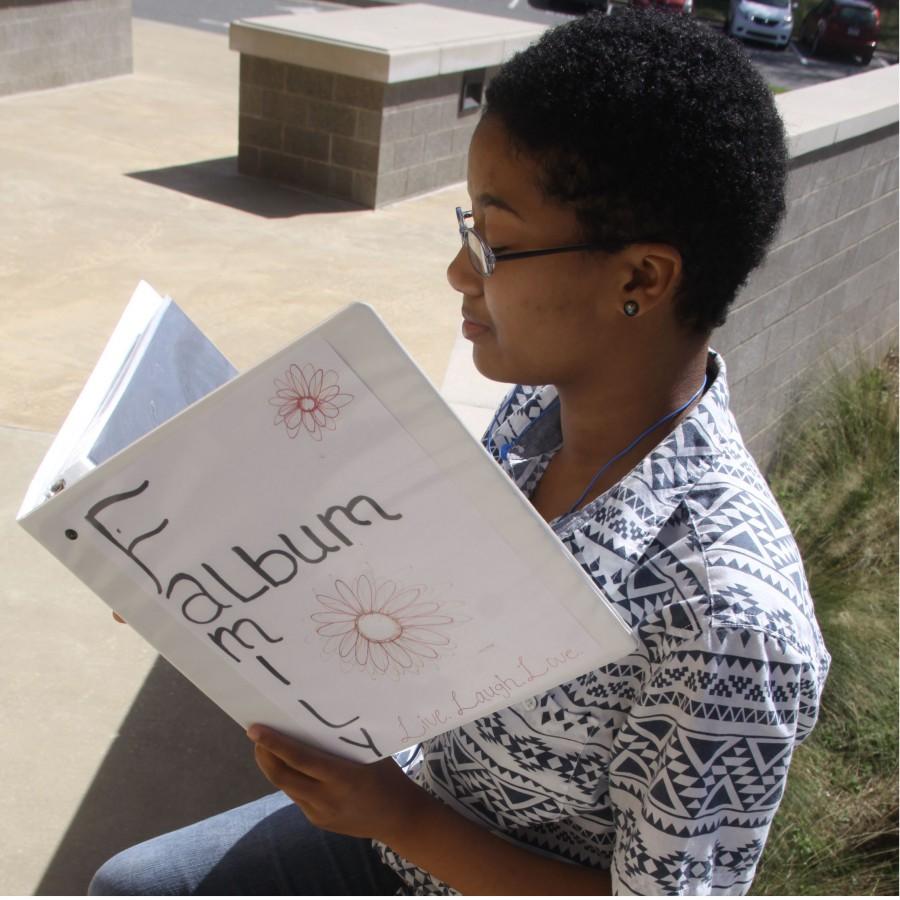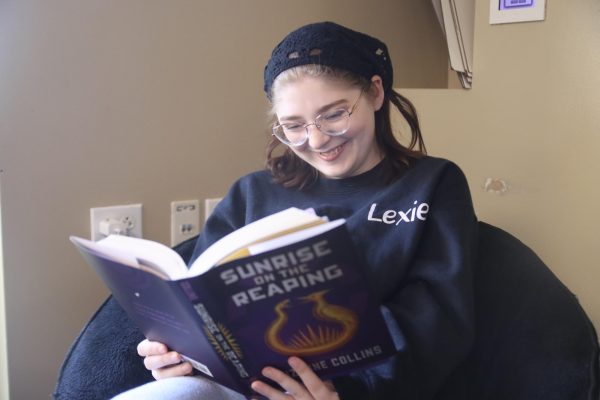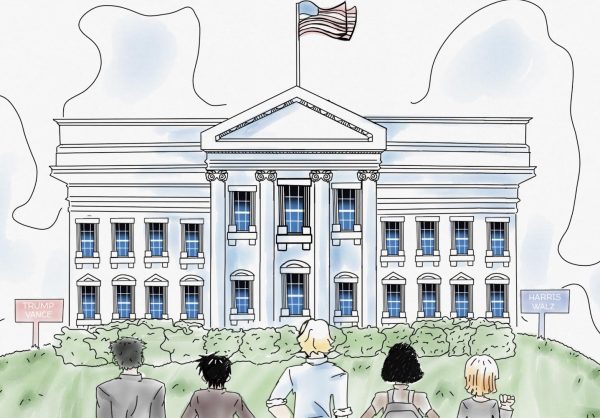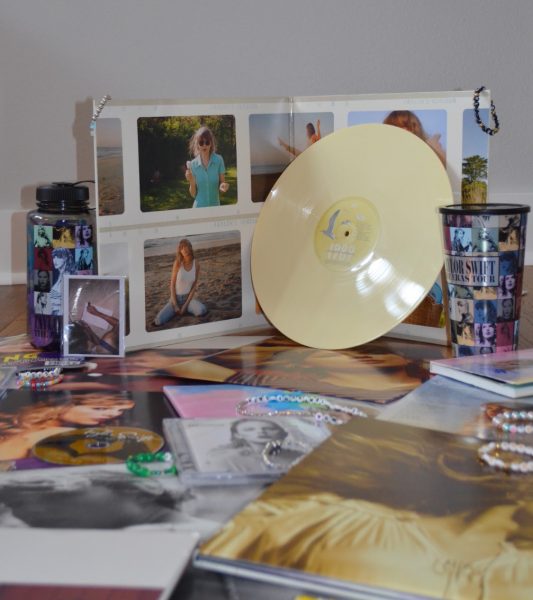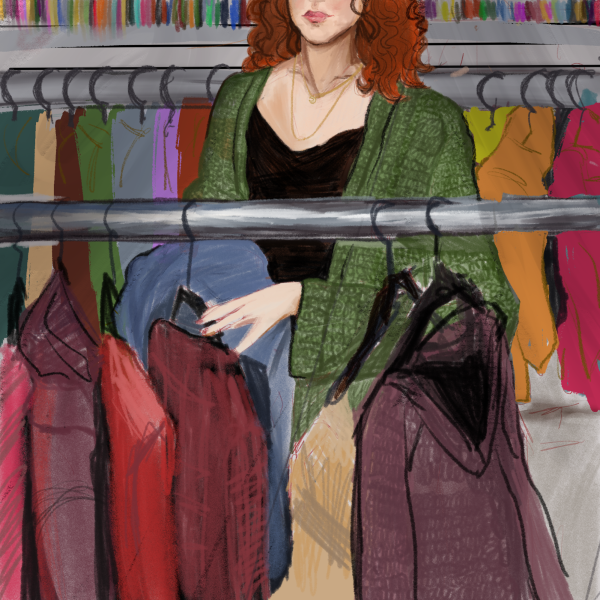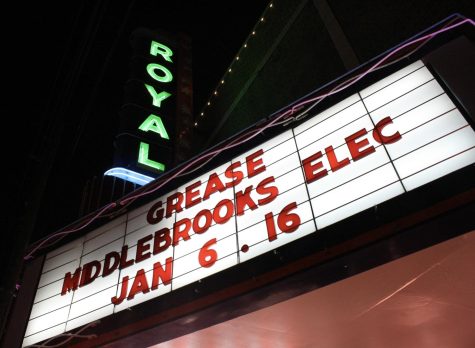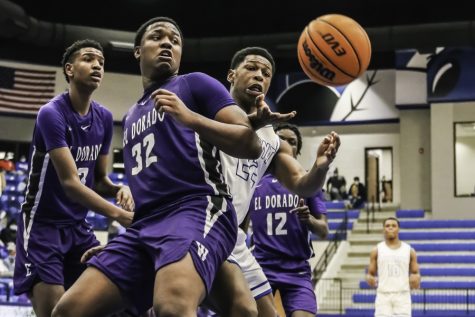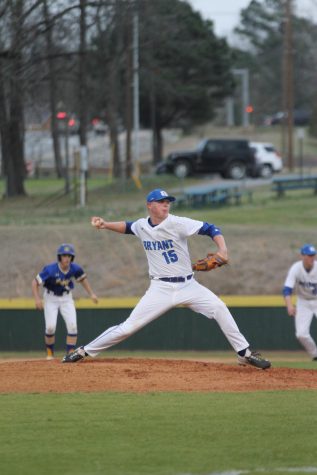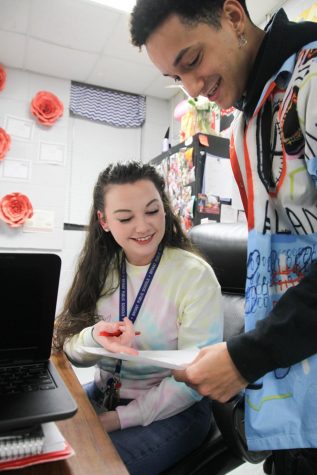Family Values
I did not expect to feel sadness when I walked into my great uncle’s funeral that rainy Saturday morning. I did not have the fortune of meeting him and getting to know him. I could not relate to the pain his children felt when they saw their father in a casket. I could not relate to my 80 or so family members who felt as if a piece of them was torn away.
The funeral began like any other funeral. My mother, sister and I sat in the fourth pew from the front: close enough to let bystanders know that we were family, but far enough for them to know that we were not close to the deceased.
When the church began to fill up, I looked at the unfamiliar faces that passed by. I recognized about four of my family members, which was not all that shocking considering that my father never made it a habit to introduce us to his side of the family, the black side. I was surprised by the amount of people who seemed to recognize my mother from back when she was in the disastrous union with my father. Her bright yellow skin stood out against the shades of brown that surrounded us.
Like every funeral I have been to, the service started with a prayer. We were reminded that the funeral was on a strict schedule, so there would be no breaking away from the program.
After the opening prayer, immediate family members went to their reserved seats. I could not help but notice that it took about eight pews to hold them all. Each face had the same somber look, and though I tried to conjure some kind of memory that I might have shared with any of them, with any of my biological family members, I knew that I did not remember any of them.
I cannot recall the last time I went to one of the old, traditional southern Baptist churches. I cannot even recall the last time I went to a church building. So, neither my little sister nor I were prepared for the sudden, song-like wailing that penetrated our ears. Theoretically, it should have sounded horrible, all random voices at random pitches. Yet, it was then that I recognized that this was the moment that defined what it meant to be a family. Sharing pure grief collectively pleading to God. Trying to find hope in the darkest of times. Becoming unified through sound.
After the funeral, I remember going to my Aunt Darlene’s house. I had only met my aunt once before. I remember how warm her house felt in comparison to the cold rain that had been pouring for hours. I remember stiffening up when she hugged me, because even though we were family, she was like a stranger to me.
It did not take long for her house to fill up with my other family members, many of whom I could not remember ever knowing. And they were loud. I felt myself shrink away as they yelled over each other, making inside jokes that I could not relate to and laughing as if they would never laugh again. As a naturally introverted person, every fiber of my being wanted to leave. But then, I remembered their singing. I remembered how their shared grief brought me to tears, and how even though I felt overwhelmed by their collective extroverted natures, I knew that this was a family I wanted to be a part of. One that could grieve together, but still share laughter and hope despite the sadness that surrounded the day. And one that treated my sister and I as if we had been around them our whole lives.


